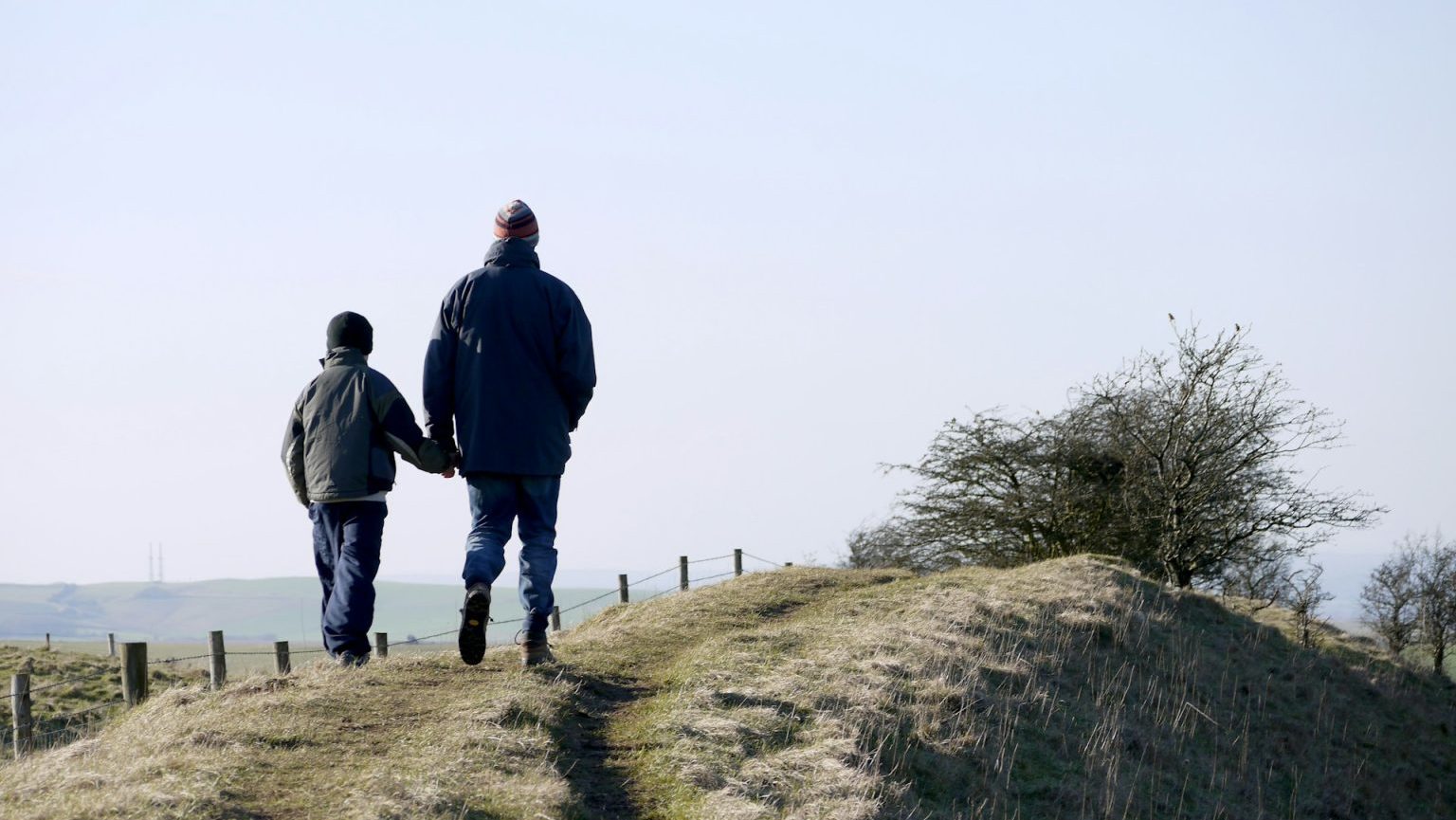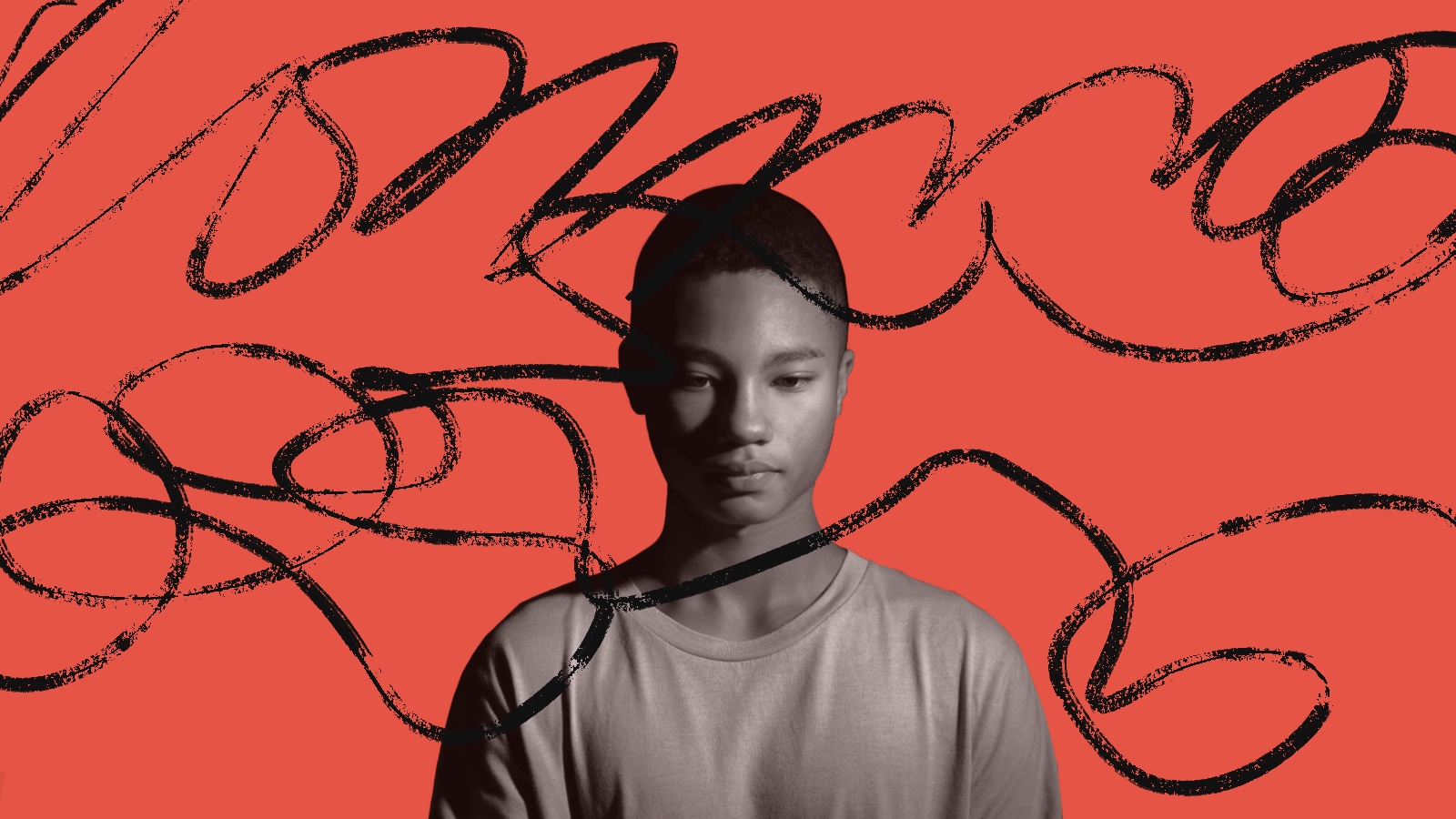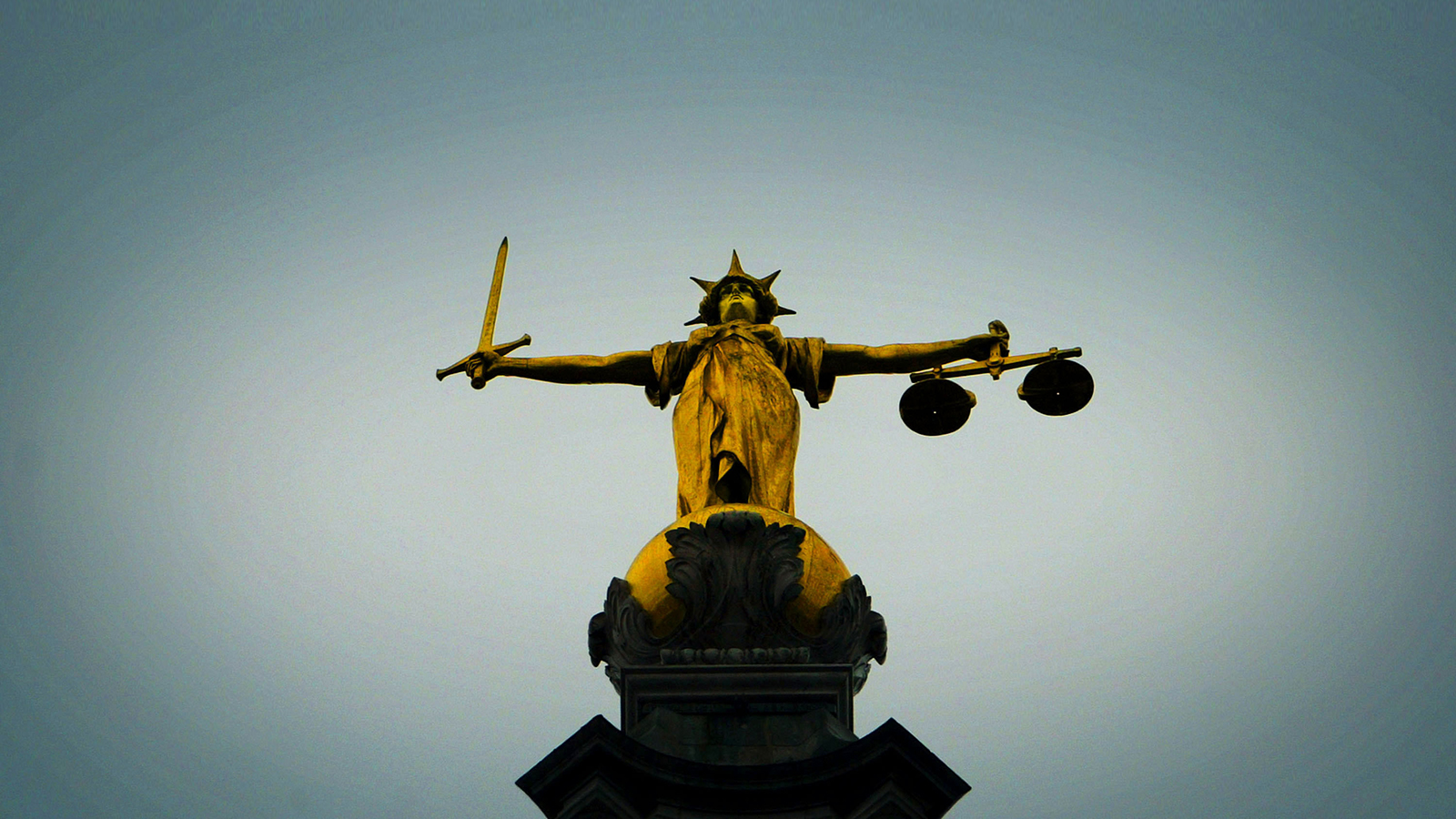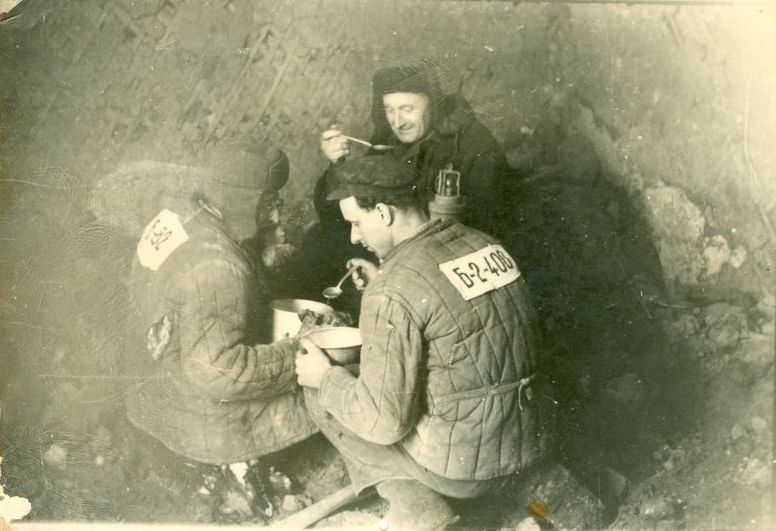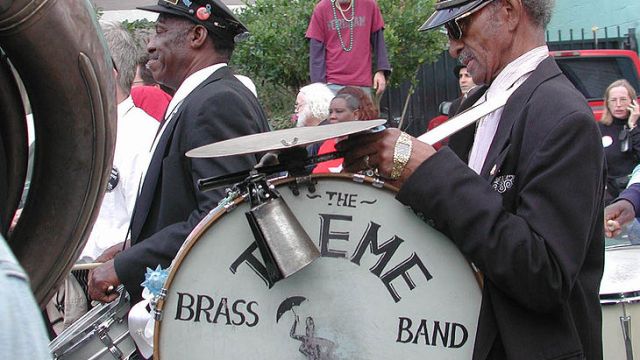Why Are We Locking So Many People Up?
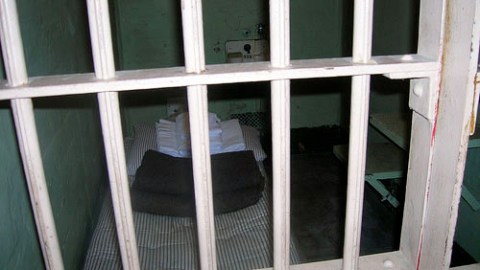
Incarceration rates quintupled over the last third of the 20th century, and conventional wisdom is that it must have something to do with a corresponding rise in crime. Robert Perkinson, author of “Texas Tough: The Rise of a Prison Empire,” says that’s not so. He believes the dramatic rise in our prison population “really has to do with politics, and in particular it has to do with racial politics.” In his Big Think interview, Perkinson also talks about how the prison system has become focused on punishment rather than rehabilitation, and why locking more people up doesn’t keep the public any safer.
In his research, Perkinson took a look at Texas’s prison system—which currently has 171,000 people locked up, and has the highest rate of executions in the country—and examined it as a microcosm of the prison system in the U.S. “I felt that Texas was a place where we can see the Southern influence of criminal justice on the nation because it’s a kind of bridge between the Deep South and the West and the Midwest. And it really was where the action was,” says Perkinson. “I think it was the right place to look because I think looking carefully at the history of Texas kind of makes us rethink the history of crime and punishment and incarceration in the country as a whole.”
Perkinson also talks about the fact that the issue of prison rape is starting to be taken more seriously. “There’s so many people in prison that sexual victimization in prison now has come to constitute a significant portion of the sexual victimizations in the society as a whole,” he says . Aside from the injustice of these in-prison crimes, Perkinson notes that prison rape now constitutes a growing public health risk, as facilities have become incubators of hepatitis B, HIV and antibiotic-resistant tuberculosis. “All of that has consequences beyond prison walls,” he says. “It’s yet another reason to try to use incarceration as a penalty of last resort than a penalty of first resort, as we have started doing in recent years.”
